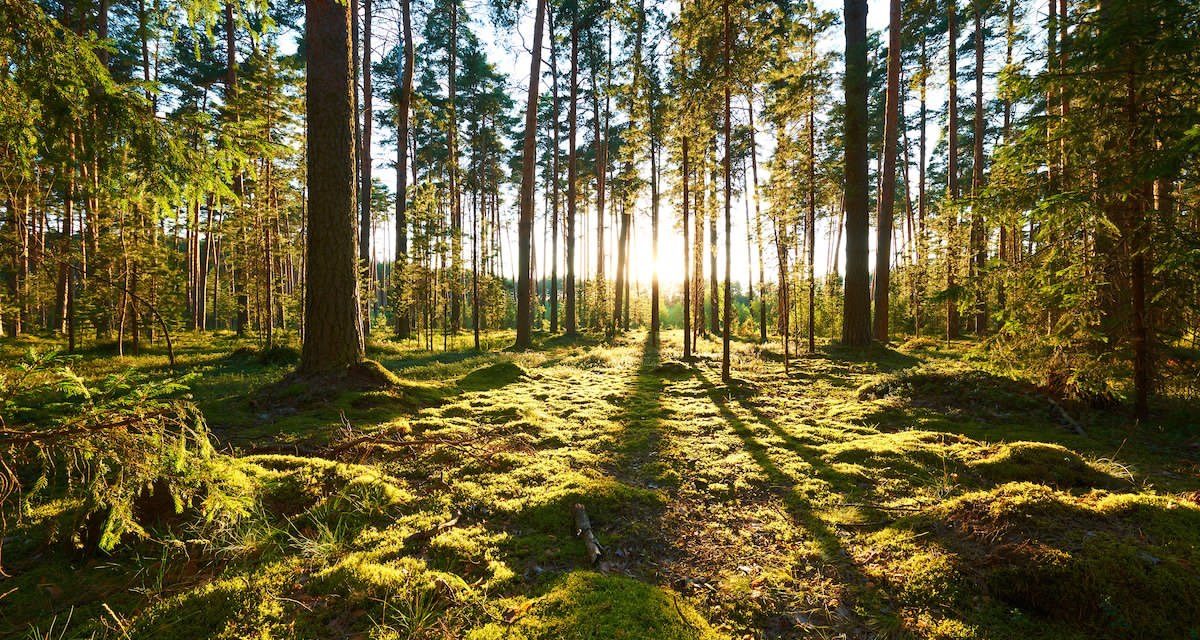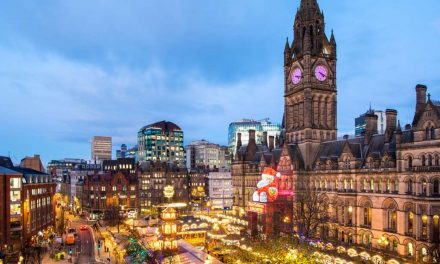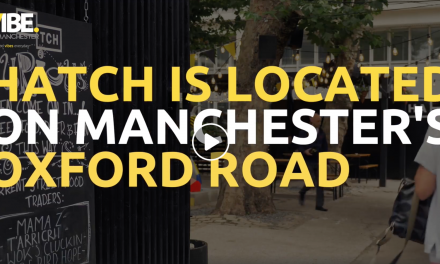With climate change being a constant worry for us and the sustainability of our planet, it’s important now more than ever to do our bit for the betterment of our world for ourselves and the people that come after us. Here are our suggestions on what you can do to help!
1. Energy Saving Light bulbs
More specifically, LED bulbs, as they are less harmful than energy saving bulbs that contain compact fluorescents. LED bulbs can be as cheap at £5 and can be bought from any home/ hardware store. Compared to your everyday incandescent light bulb, with the average lifespan being 1,200 hours, a LED bulb has a lifespan of 50,000 hours (that’s over five years!). Also, the cost of electricity used running an LED bulb comes to £39.16 whereas an incandescent bulb costs around £234.94 for the same amount of time.
LED bulbs also operate on a light frequency that doesn’t cause headaches or any health problems and can operate in warm or cold temperatures. The list of benefits continues for switching to energy saving bulbs and these are a crucial step in becoming more environmentally friendly.
2. Second hand clothes
Fast fashion is a leading environmental issue. Over 80 billion items of clothing are produced each year and 3 in 4 of them end up in landfills. The rise in fashion bloggers and the culture that surrounds it, being seen in the same outfit more than once on social media will result in you being scorned by the fashion police.
So how do we fix the problem? Each person can make all the difference by making a few lifestyle changes around clothing. Here is a list of my alternatives to fast fashion:
- Vintage / Thrift Stores
- Charity shops
- Ebay / Depop
- Buy from small/ independent businesses
3. Buy food in bulk
I don’t see this suggestion that often from other people. So, why buy things in bulk? Well, it’s fairly cost effective! Buying massive bags of pasta or anything like that can help you cost wise and also produces less packaging that gets thrown away. Therefore, less waste, hooray!
4. Meat free alternatives
We should all be aware by now at just how damaging the meat industry is to our planet. Animal agriculture is responsible for more greenhouse gases than all the world’s transportation systems combined resulting in climate change. It is also responsible for pollution. On average, one farm in America produces 500 millions tonnes of manure a year which is mostly disposed of in lagoons due to there being no animal sewage processing plants. The list continues as to why meat farming is killing our planet, now I will give some advice on how to change your diet (only slightly) and discourage animal farming.
We recommend trying out meat alternatives such as products from Quorn, Linda McCartney, Fry’s, to name a few. Now I have started replacing meat with these alternatives I ask myself, what took me so long? I’ve saved a fortune on food and my health has improved. By spending the money you’d normally buy meat with, putting it towards meat alternatives not only benefits the veggie food business industry but also affects the meat industry by there being less demand and ultimately less animals killed. This has a major environmental gain!
5. Recycle
An obvious one but yes, recycle! The way I recycle is by separating waste into 3 bins. One for general waste (food), one for glass, plastic and cans and one for card (food packaging). Recycling your waste has many many environmental benefits, just to name a few:
- conserves natural resources
- protects ecosystems and wildlife
- saves energy
- cuts climate changing carbon emission
- reduces landfill waste
- is cheaper than waste collection and disposal
We hope this article has provided the relevant information to inspire and encourage simple lifestyle changes that will have a positive impact for the planet – it feels good being green!






